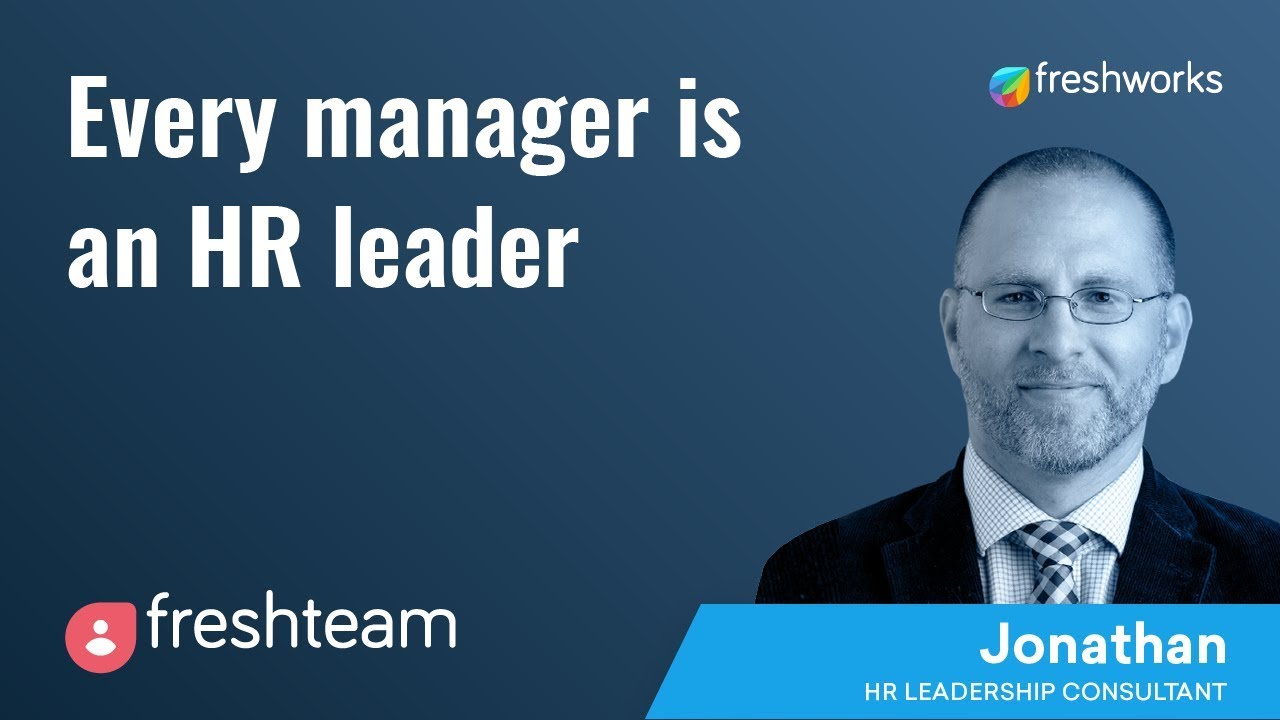Defining the Scope of HR Management: Every Manager Is An Hr Manager
Every manager is an hr manager – The traditional role of HR managers has been focused on administrative tasks such as payroll, benefits administration, and compliance. However, in modern business environments, the role of HR has expanded significantly to encompass a broader range of responsibilities, including talent acquisition, performance management, and employee engagement.
Every manager is an HR manager, responsible for hiring, firing, and managing employees. In the context of Discord , this role is often automated by an integration, which can manage user roles and permissions based on predefined criteria. This can help streamline HR processes and ensure that the right people have the right access to the right resources.
Ultimately, every manager is responsible for the well-being of their team, and leveraging technology can help them do so more effectively.
The concept of every manager being an HR manager recognizes that all managers have a role to play in managing their employees’ HR-related needs. This includes everything from hiring and firing to performance management and employee development.
Every manager is an HR manager, responsible for managing people and resources to achieve organizational goals. Just as designing a pen for an astronaut requires understanding their unique needs and constraints, managing people requires a similar level of empathy and understanding.
Every manager must be an HR manager, fostering a positive and productive work environment where employees can thrive.
Responsibilities of Every Manager as an HR Manager
- Recruiting and selecting employees
- Conducting performance reviews
- Developing and implementing employee training programs
- Creating and maintaining a positive and inclusive work environment
- Addressing employee grievances
Benefits of Every Manager Being an HR Manager, Every manager is an hr manager
- Improved employee engagement and satisfaction
- Enhanced organizational performance and productivity
- Reduced turnover and absenteeism
- Stronger employer brand
Challenges and Considerations
- Need for training and support for managers
- Clear communication and role definition to avoid confusion or overlap
- Potential for managers to neglect their core responsibilities
- Cultural resistance to change
Future Implications
The concept of every manager being an HR manager is likely to have a significant impact on the HR profession. As managers become more involved in HR matters, the role of HR managers will evolve to focus on more strategic and advisory roles.
Every manager, regardless of their level, has HR responsibilities. Middle-level managers, in particular, play a crucial role in employee development, performance management, and conflict resolution. They are responsible for creating a positive and productive work environment, ensuring that employees are motivated and engaged.
Ultimately, every manager is an HR manager, responsible for the well-being and success of their team.
Conclusive Thoughts

As organizations embrace the concept of every manager as an HR manager, the future of HR will be characterized by collaboration, innovation, and a focus on employee well-being. HR managers will evolve into strategic partners, providing guidance and support to managers in their HR responsibilities.
This shift will have a profound impact on employee relations and organizational culture, creating a more engaged, productive, and inclusive workplace.
Clarifying Questions
What are the key responsibilities of managers as HR managers?
Managers as HR managers are responsible for employee recruitment and selection, performance management, employee development, and fostering a positive work environment.
What are the benefits of having every manager involved in HR matters?
Involving every manager in HR matters improves employee engagement and satisfaction, enhances organizational performance and productivity, and creates a more agile and responsive HR function.
Every manager is an HR manager, responsible for managing their team’s performance, motivation, and development. If you need to communicate with your manager about an HR-related issue, draft an email that clearly outlines your concerns and requests. By taking an active role in HR matters, managers can foster a positive and productive work environment for their teams.
What are the challenges of implementing the concept of every manager as an HR manager?
Challenges include providing training and support for managers, ensuring clear communication and role definition, and integrating HR principles into daily management practices.
Every manager is an HR manager, responsible for hiring, training, and motivating their teams. They play a crucial role in shaping the organization’s culture , ensuring that employees are engaged and productive. Ultimately, every manager is an HR manager, responsible for fostering a positive and inclusive work environment.
Every manager is an HR manager, responsible for not only managing their team but also ensuring a positive employee experience. This extends to understanding the customer experience, as satisfied employees are more likely to provide excellent service. By integrating customer experience management into HR practices, managers can create a virtuous cycle where employee and customer satisfaction reinforce each other, ultimately driving business success.
Every manager is an HR manager, responsible for ensuring their teams comply with regulations and standards. This includes understanding compliance requirements for an eclinical supply chain management platform , such as data privacy, security, and regulatory compliance. By staying up-to-date on HR best practices and industry regulations, managers can effectively lead their teams and maintain a positive and productive work environment.
Every manager is an HR manager, responsible for recruiting, developing, and retaining talent. They must also ensure a positive and productive work environment. In this sense, the core responsibilities of an operations manager are essential , as they oversee the day-to-day operations of the business and ensure that the organization runs smoothly and efficiently.
Every manager must have a strong understanding of HR principles to effectively manage their teams and create a successful workplace.